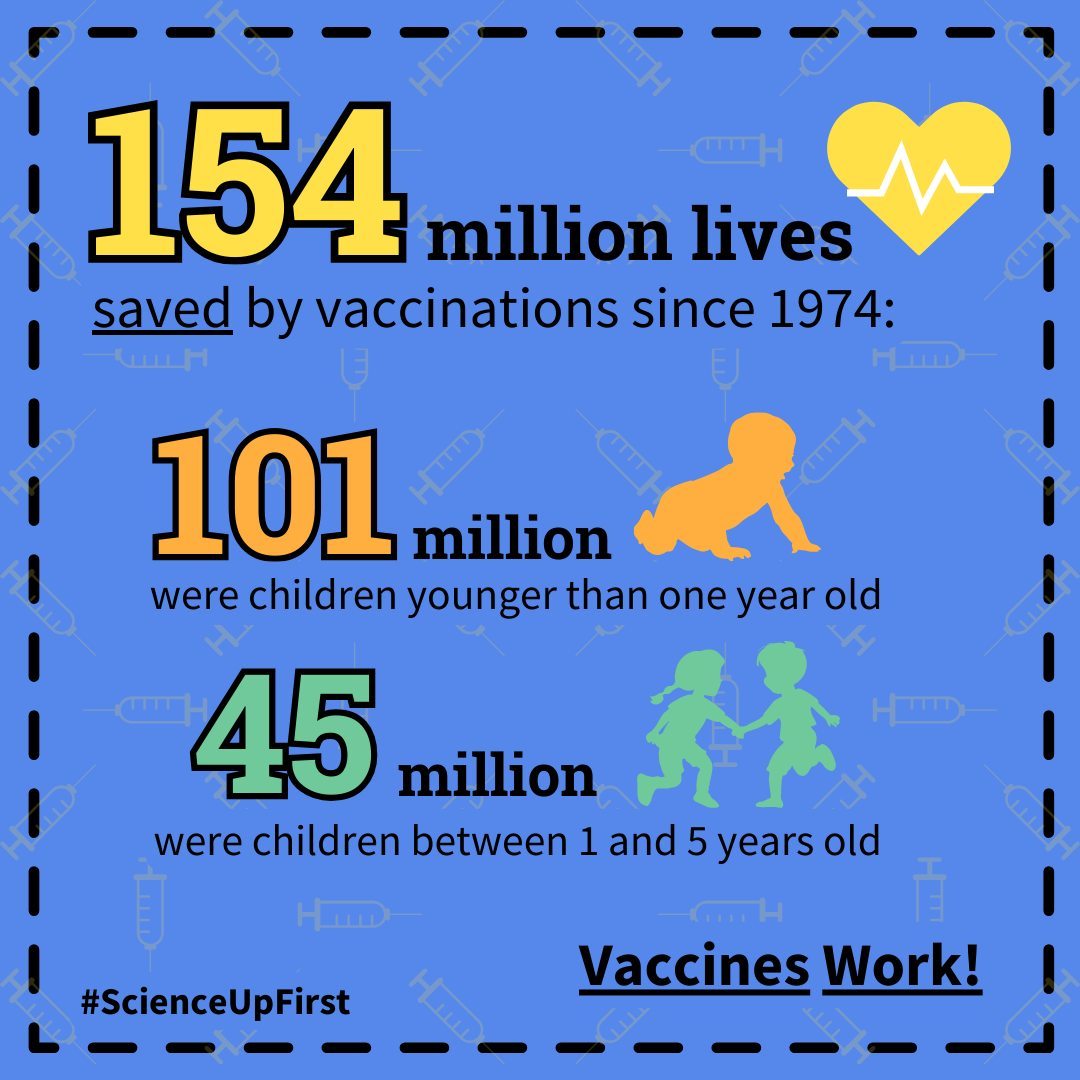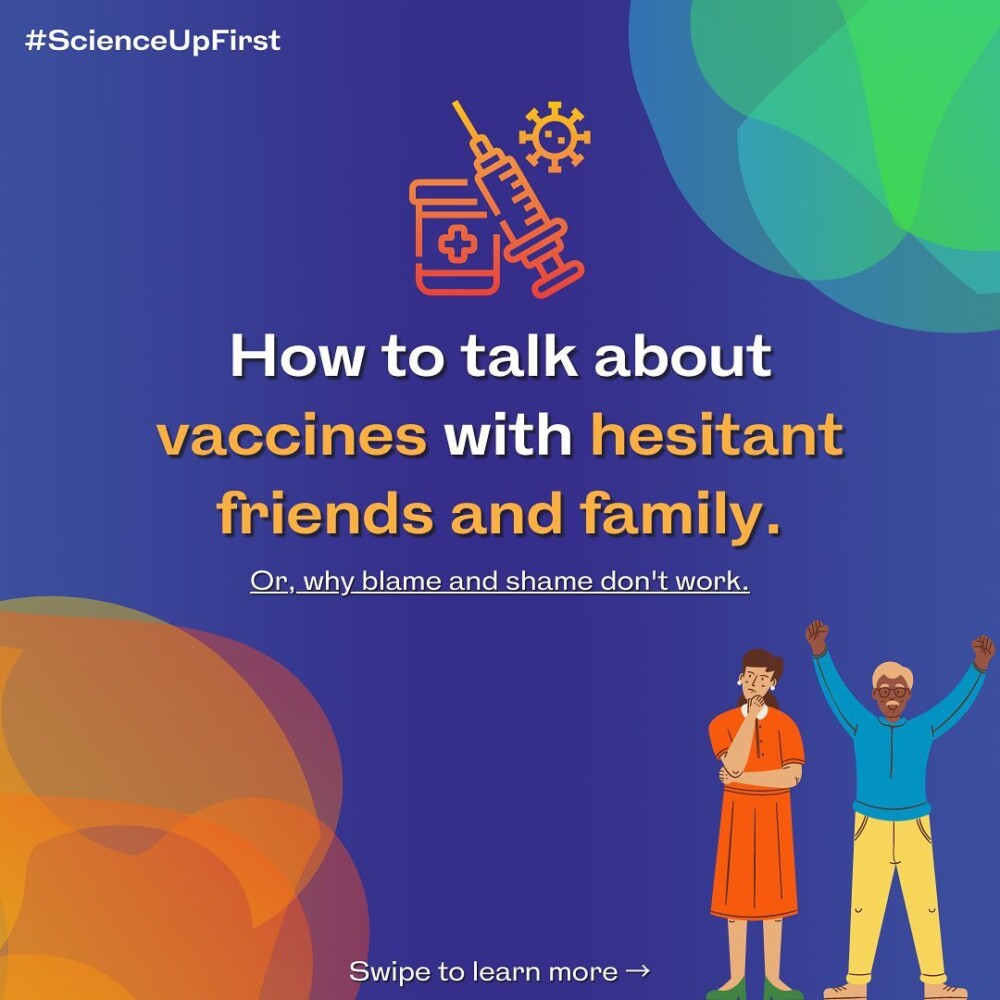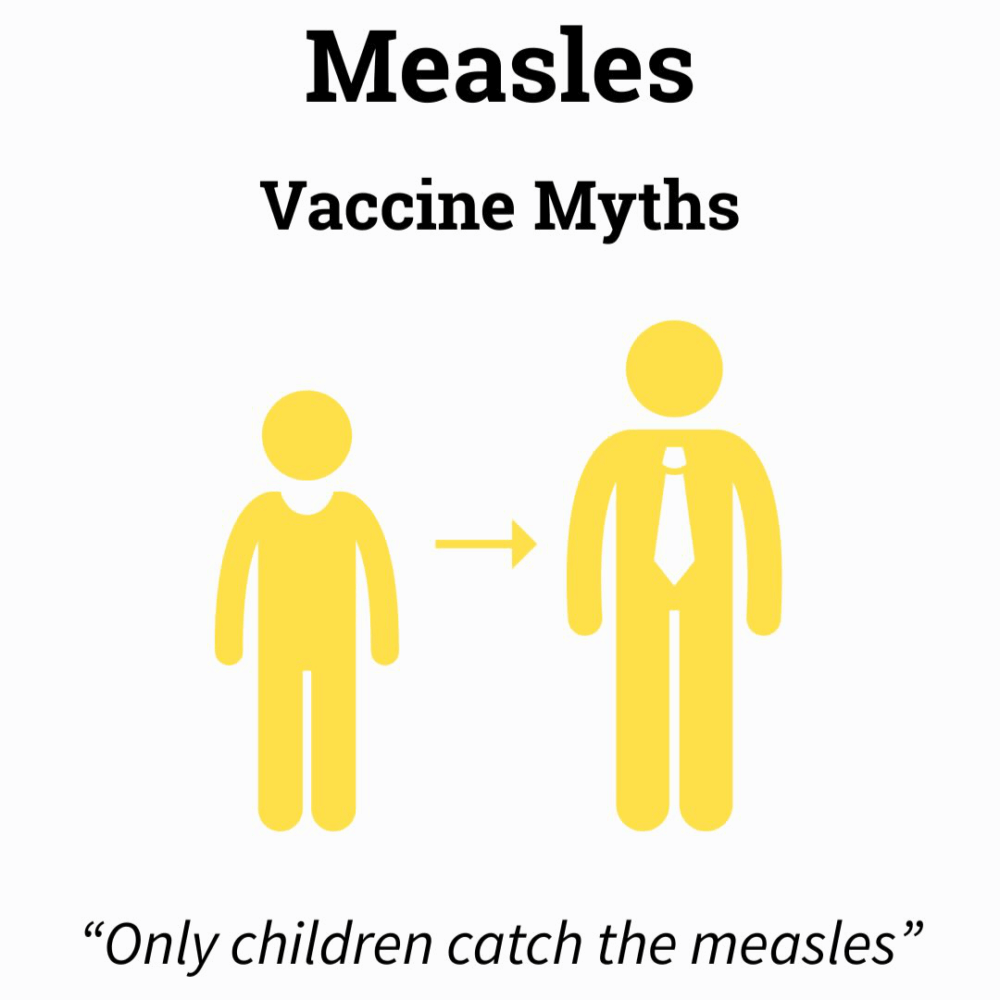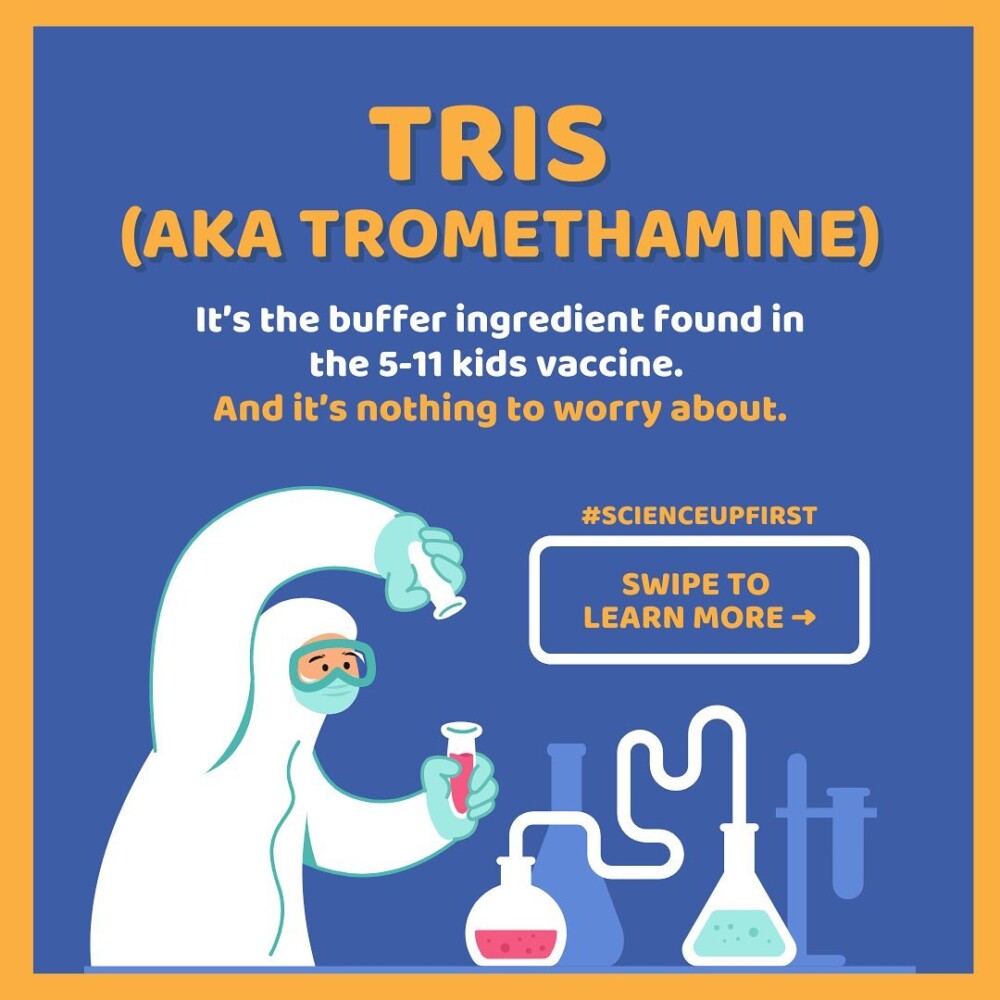
Good news! Vaccines work – they save lives … lots of lives!
It is estimated that vaccines have saved 154 million lives since the Expanded Programme on Immunization (EPI) was established 50 years ago by the World Health Organization (1,2,3).
Initially, this program targeted six childhood vaccine-preventable diseases. Now the international program recommends a total of 13 vaccines that also protect older children, teenagers and adults all over the world (2,3):
- Diphtheria
- Pertussis
- Tetanus
- Haemophilus influenzae type B (Hib)
- Bacillus Calmette-Guérin (BCG) – not currently part of Canada’s immunization schedule (4)
- Hepatitis B (HepB)
- Polio
- Measles
- Rubella
- Pneumococcal disease (PNC)
- Rotavirus (Rota)
- Human papillomavirus (HPV)
- COVID-19
Thanks to these efforts, the lives of 146 million children under the age of five have been saved, 101 million of those being under one year old, leading to a 40% reduction in global infant mortality (1). It is worth noting that vaccination against measles alone is responsible for saving 60% of those lives (3).
While these remarkable achievements in global health are worth celebrating, it is also important to address the concerning decline in immunization rates we have been observing for a couple of years now. This decline, in part due to the disruptions due to the COVID-19 pandemic and a rise in vaccine hesitancy and complacency, creates pockets of vulnerable populations susceptible to outbreaks of vaccine-preventable diseases like the measles outbreaks seen nowadays in many part of the world (3,5-9).
Let’s keep the momentum going! Share facts about vaccines from trusted sources and encourage others to get vaccinated according to the recommended schedule. Together, we can continue saving lives, one vaccine at a time.
Sources: https://tinyurl.com/SUFVaccinesWork
Share our original Tweet!
Good news! Vaccines work – they save lives…lots of lives!
— ScienceUpFirst | LaScienced'Abord (@ScienceUpFirst) May 30, 2024
Share vaccine information from trusted sources and encourage others to get vaccinated according to the recommended schedule 👇 https://t.co/9mfIknY2v7#ScienceUpFirst pic.twitter.com/t4DuuwIcJ4
View our original Instagram Post!



